
$100 Million in Research!
Cure Alzheimer’s Fund has reached an important milestone. We have now distributed more than $100 million to support science in the fight against Alzheimer’s disease throughout the world. “For 15 years, the Board of Directors of Cure Alzheimer’s Fund has remained committed to allowing and encouraging the researchers we fund to follow the science and explore high risk / high reward hypotheses. Today, there is great momentum and new discoveries. We are honored to have been the recipients of the generosity of more than 45,000 donors who have made this research possible,” said Tim Armour, President and CEO of Cure Alzheimer’s Fund.

Proteins in the Blood May Predict Age
New research shows that measuring proteins in the blood may predict both health and lifespan. The research was published in Nature Medicine with support from a grant from Cure Alzheimer’s Fund. Tony Wyss-Coray, Ph.D., and a team of scientists have used advances in protein profiling technology to measure thousands of proteins in the plasma at points across the human lifespan in order to determine the profiles associated with healthy aging and with disease.

Tony Wyss-Coray, Ph.D., Stanford University
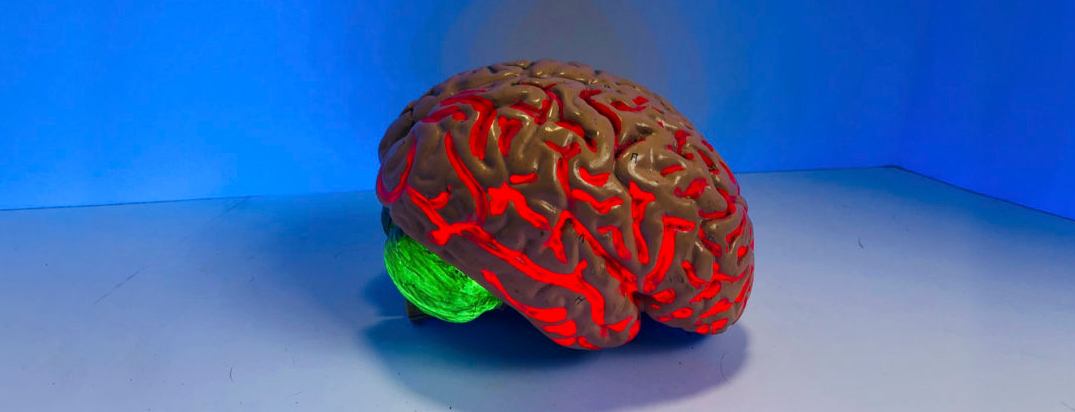
Announcing the Maxine and Richard Berg Brain Entry & Exit Consortium
Despite evidence demonstrating that impairments in the clearance of toxic waste in the brain contribute to late-onset Alzheimer’s disease, the science of lymphatic system dysfunction and the systems regulating entry and exit through the barriers between the body and the brain have been largely overlooked in Alzheimer’s disease — until now. The Maxine and Richard Berg Brain Entry & Exit Consortium will bring together an international team of scientists to consider the following question: how do different barriers within the brain communicate to regulate material flow?

Jonathan Kipnis, Ph.D., Washington University in St. Louis, Chair of the Consortium;
Fernanda Marques, Ph.D., University of Minho School of Medicine;
Richard Daneman, Ph.D., University of California, San Diego;
Ali Erturk, Ph.D., Helmholtz Munich
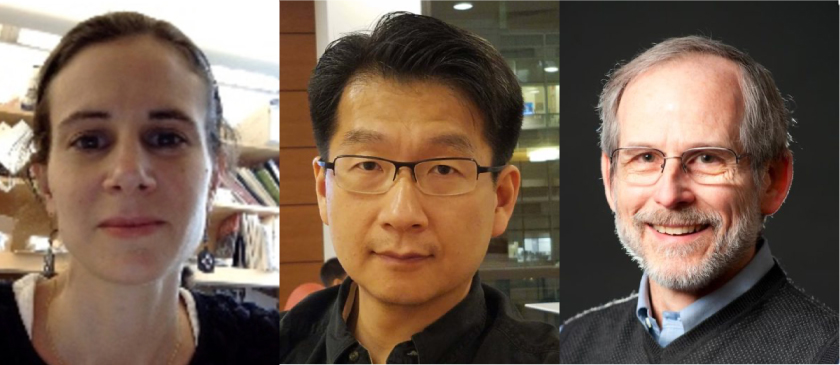
Fanny Herisson, M.D., Ph.D., Massachusetts General Hospital, Harvard Medical School;
Se Hoon Choi, Ph.D., Massachusetts General Hospital, Harvard Medical School;
Roger Kamm, Ph.D., Massachusetts Institute of Technology
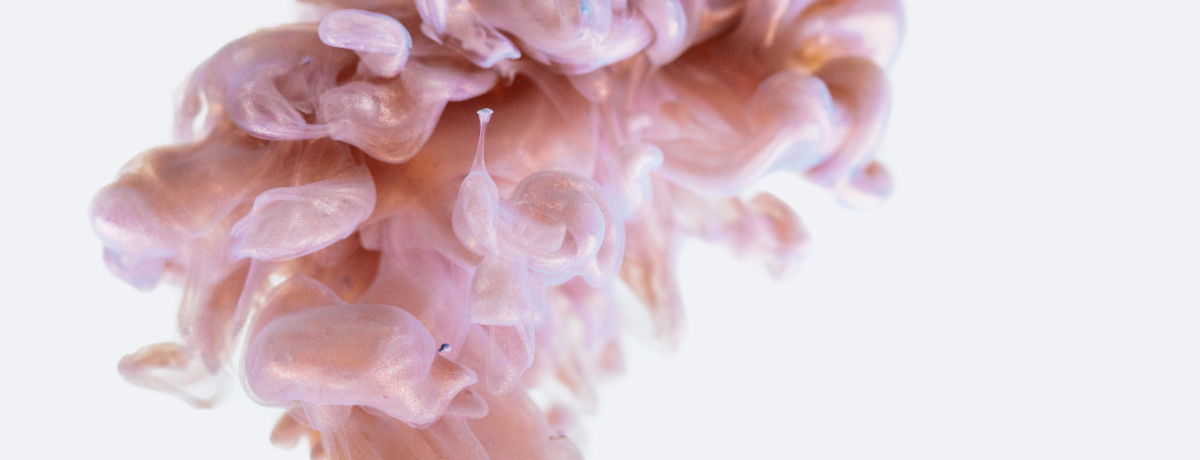
From The New York Times—Why Didn’t She Get Alzheimer’s Disease?
The New York Times recently featured the story of a 73-year-old woman from Medellín, Colombia who was expected to develop mild cognitive impairment and dementia in her forties as a result of carrying a presenilin 1 mutation – one of the genes implicated in early-onset Alzheimer’s disease. Despite her genetic risk profile, this woman did not develop mild cognitive impairments until her seventies. Researchers from around the world want to know why.

A Diet High in Salt May Promote Cognitive Impairment
A new study published in Nature offers insights into why and how reducing salt intake might protect your cognitive health. The National Institutes of Health has long advised that high salt diets are associated with high blood pressure and can raise the risk for heart disease, stroke, kidney failure, and can cause immune-related changes in the gut. This most recent study, resulting from a grant provided by Cure Alzheimer’s Fund, suggests that high levels of salt intake can also impact cognitive function by causing a deficiency in a compound – nitric oxide – that is crucial for maintaining vascular health in the brain and that new findings tie to tau, one of the hallmark Alzheimer’s proteins.
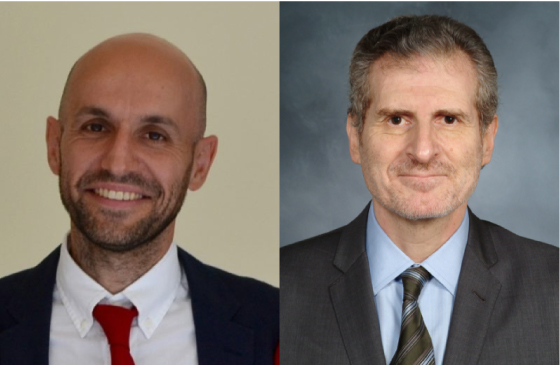
Giuseppe Faraco, M.D., Ph.D., Weill Cornell Medicine;
Costantino Iadecola, M.D., Weill Cornell Medicine

Cure Alzheimer’s Fund Welcomes 5 Distinguished Scientists to its Research Leadership Group
Cure Alzheimer’s Fund supports advances in research with an all-star team of scientists working at premiere research institutions across the world. These scientists regularly confer with one another through group meetings to collaborate, discuss, and address the challenges of studying the complexities of Alzheimer’s disease.
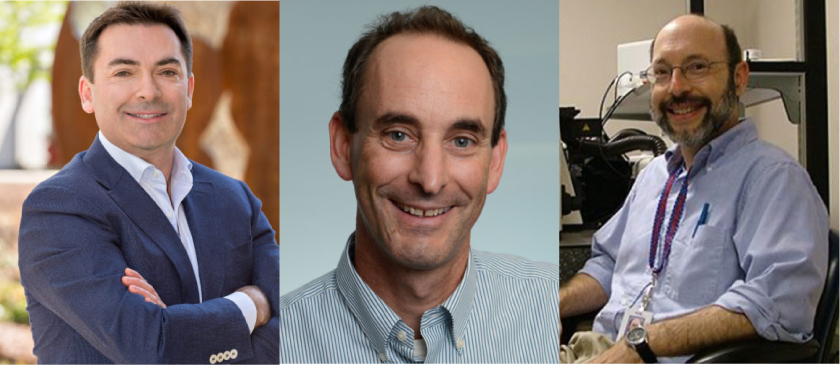
Oleg Butovsky, Ph.D., Brigham and Women’s Hospital;
Mark Diamond, M.D., UT Southwestern Medical Center;
Bradley Hyman, M.D., Ph.D., Massachusetts General Hospital, Harvard Medical School;
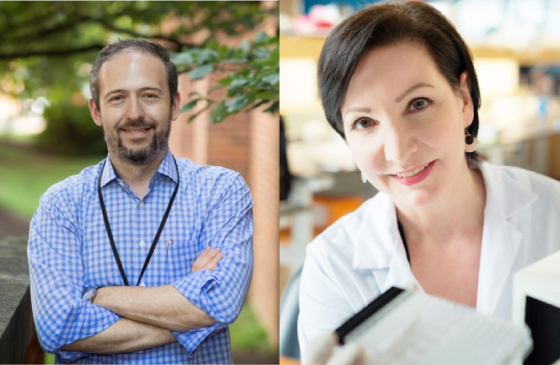
Jonathan Kipnis, Ph.D., Washington University School of Medicine in St. Louis;
Cheryl Wellington, Ph.D., University of British Columbia

